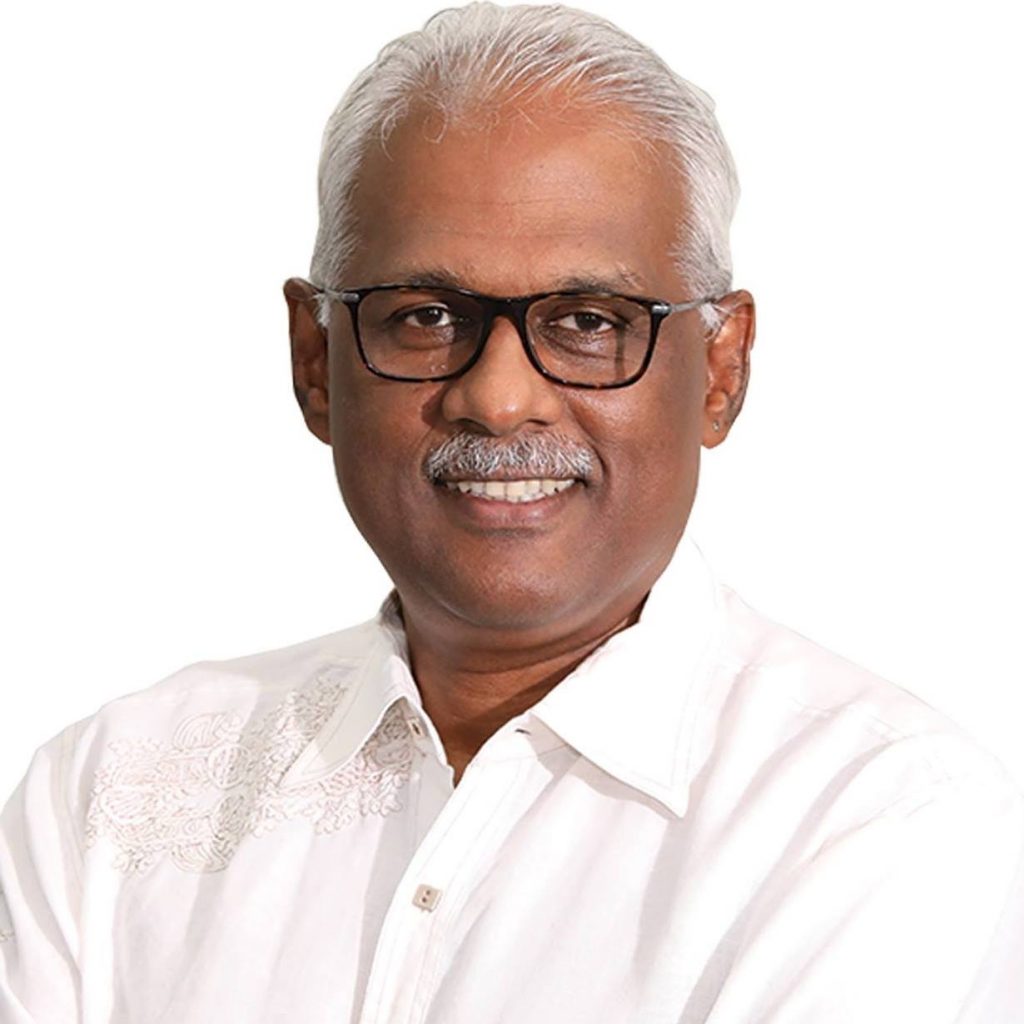Charles Santiago, Malaysian MP and chairman of the ASEAN Parliamentarians for Human Rights, spoke to Frontier last month in Kuala Lumpur. He called for ASEAN to rethink its approach to the crisis in Myanmar, including by making changes to the special envoy position and openly engaging with the National Unity Government.
By FRONTIER
What concrete moves should ASEAN make?
After the executions, it’s time to re-look at the five-point consensus. One, to re-identify the role of the special envoy, so that it doesn’t follow the ASEAN chair — so that he or she is appointed by the ASEAN Secretariat. There should be a humanitarian corridor on the border manned independently by a variety of groups; it could be a government, could be the UNHCR, those kinds of players. That’s number two. And then, open communication with the NUG.
The Special Envoy should meet the NUG in any capital of ASEAN outside of Myanmar. Obviously, they can’t meet in Myanmar. So why don’t they invite them to Cambodia or Kuala Lumpur?
Min Aung Hlaing has taken advantage of the system for 17 months.
Has there been any talk of suspending Myanmar from ASEAN?
They [ASEAN] should consider an embargo on Myanmar or consider cutting them out of ASEAN. It’s not yet on the table, but we’re trying to get it there. I’m going to talk to Malaysia, Singapore and the Philippines [and request them] to cut Myanmar out.
What would be ASEAN’s reaction to a junta-run election?
If elections were held two years ago by the military, some countries would have endorsed it. Now even in Cambodia, they’re like ‘what are you doing? We’re trying to support you, but you are shooting yourself in the foot.’ That’s the thinking. But the boss [Hun Sen] is the one who calls the shots, and you can never predict what he will say.
What do you think of the international response?
Russia has come out openly in support of the military. Whereas China is doing tai-chi: ‘I’m on your side today, tomorrow maybe not.’ India is also playing tai-chi, especially in the border states.
The countries supporting the military are big countries – Russia, India, China. You do not find the US and Europe or parts of ASEAN coming out gung-ho to help the democracy group or the NUG. It’s all hide-and-seek. The US is only responding to China’s role in the region; America has kind of lost touch with Southeast Asia.
Is the military considering any substantial concessions?
I’ve spoken to people very familiar with the military’s thinking. They [the military] think this is their country and they run the show. They derive enormous political strength and enormous wealth from military rule and they’re not willing to give up anything.
What more can NUG do?
NUG’s presence outside the country needs to be heightened. They appointed an ASEAN representative, but he’s in Washington — he should be here. He should come to Malaysia or the Philippines or Indonesia. Travel around Southeast Asia, raise concerns and issues, speak to NGOs.
[This representative has since resigned, but the NUG has not yet appointed a new one]
Do you think the NUG’s commitment to Rohingya reform is genuine?
The inclusion of Rohingya in both the [proposed NUG] constitution and the fabric of a future Myanmar is welcome. But it may be a marriage of convenience; when push comes to shove, sometimes you get that impression that old habits die hard. There’s some combination of both [genuine reform and appeasing the international community]. I think we are very far away from a conclusion to this crisis.







